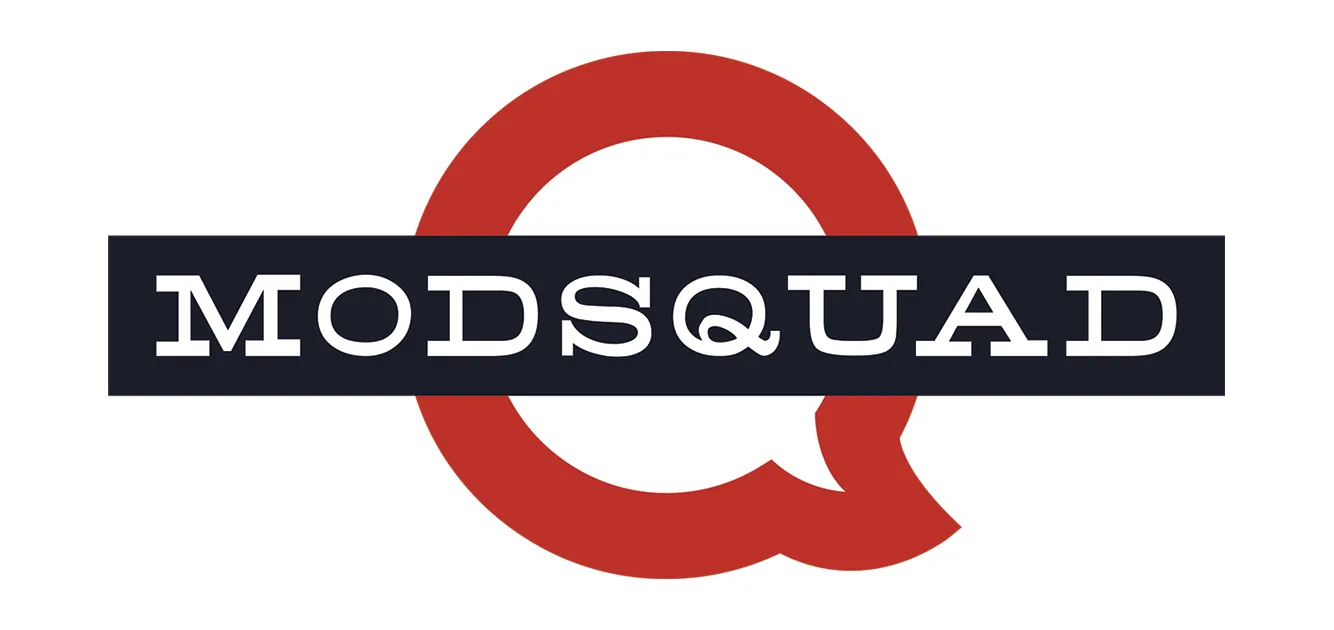
Honoring Real-Life Mourning in Online Communities
 One of the things I most treasure about online communities is that the word “community” in their name is not just a figure of speech. Given enough time, positive intention, and freedom to interact, people in online venues will start to share their lives with each other in amazingly deep and heartfelt ways. I think it’s simply human nature. We’re social creatures, so given any sort of regular gathering place – be it a real-life “Cheers” type bar or an MMORPG chat channel – people will start getting social. They will celebrate each others’ joys: birthdays, promotions, the births of grandchildren. They will commiserate with each others’ woes: lost jobs, health issues, failed relationships.
One of the things I most treasure about online communities is that the word “community” in their name is not just a figure of speech. Given enough time, positive intention, and freedom to interact, people in online venues will start to share their lives with each other in amazingly deep and heartfelt ways. I think it’s simply human nature. We’re social creatures, so given any sort of regular gathering place – be it a real-life “Cheers” type bar or an MMORPG chat channel – people will start getting social. They will celebrate each others’ joys: birthdays, promotions, the births of grandchildren. They will commiserate with each others’ woes: lost jobs, health issues, failed relationships.
And when a longtime member of an online community dies – I’m not talking an avatar getting slain by a dungeon boss here, I mean that real-deal rendezvous with mortality which comes to all of us sooner or later – online communities will want to share their equally real grief (and I’m not talking “griefing” here, either – but I do think you all get where I’m going with this post).
One of the Second Life communities I belong to has recently experienced just such a death of a longtime member. As this particular community has been in existence for several years, this is far from the first death it has weathered, so while confronting death is never easy, this group had the experience to respond with grace and strength. An in-world service of remembrance was held; people gathered in chat to share their memories of the departed; virtual flowers and candles were placed in front of the deceased person’s virtual shop; and that shop was designated a permanent memorial to be kept in place as long as the community is in existence. The community leaders even arranged to lower the region’s virtual flags to half-mast for a week.
Not every online group has that wealth of experience to draw on when one of their members dies – let alone the kind of flexibility that Second Life provides. If you happen to be a community manager for such a group when one of their number passes on, you can do your people a world of good by providing sensitive help and guidance in their time of need. You can be the listening ear and gently moderating hand for the community as it grapples with the news and works toward an appropriate response. And in your role as liaison between the community and the client company, you can investigate policies and explore options for making such a response happen.
Honoring the deceased does not necessarily have to be elaborate or technically challenging. It can be something as simple as setting up a special forum topic regarding the deceased, to stay open for a designated period of time; keeping a watchful moderator’s eye on the topic while members post stories, photos, graphics, and other memorial content; and then archiving the topic in a permanent location after it’s officially closed. Depending on client-company policies, honoring the deceased could also include reaching out to his or her real-life family (if such contact is known or welcomed) to share with them the contents of that memorial topic, or listing favorite charities of the deceased so that people can make donations in the person’s name. The important point here is that your people are provided with a way to do something, however symbolic, to channel their feelings and show that they care. And after all, isn’t that what memorials – and community – are all about?
Ellen Brenner
Social Media Specialist

